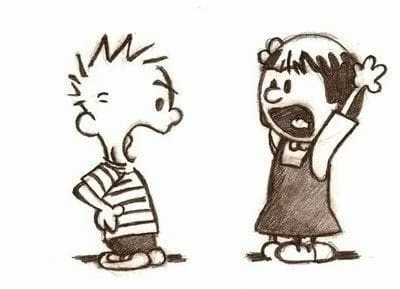On Customer Service

I think a lot about customer service. Or, what I really mean is that I get angry a lot about customer service.
I’m not speaking of the declining competence of tech support for a phone or Internet service, but more about things like restaurants or coffee shops, i.e. places that are supposed to be providing an experience.
And perhaps that’s just it. I think that if you care enough to hire people to create a logo, and put up signs, and promote your brand, then you should care about the impressions given off by the people representing you.
Basically, for a top-end experience, the people you interface with should exemplify that experience. For a coffee shop, it should be someone who’s an expert in coffee, drinks coffee, loves coffee, and is associated with "coffee culture" — whatever that means.
Reading comes to mind. Traveling. Stimulating conversation. Books. Mystery. Curiosity. Study. Learning. Etc.
This is just my wordcloud associated with coffee. So when I go into a so-called "coffee shop" and find people who are uneducated, don’t know the difference between dark and light roast, can’t tell me what kind of coffee they enjoy because they don’t, etc. — that’s a poor experience.
And it’s the same for any industry.
Restaurants. In any restaurant that expects to be considered high-end, I would like to be served by those who embody the culture of the place. Language. Dress. Mannerisms. Etiquette. Protocol. Etc.
I don’t want to be served high-end Italian food by some Midwesterner with no passport. I expect to hear Italian and see the signs of a high-end wait staff. I also want the customers to conform to that standard via dress code, noise level, etc.
It’s the same for any kind of high-end experience because we’re not just there for one component. The ambiance magnifies or detracts from the overall experience. Hot Dogs. Mexican Food. Thai. Italian.
And not just food. There are other types of services that need to understand this as well.
It’s not as if there aren’t many who do — there are. But I wish more people understood why it bothers me when they don’t.
::